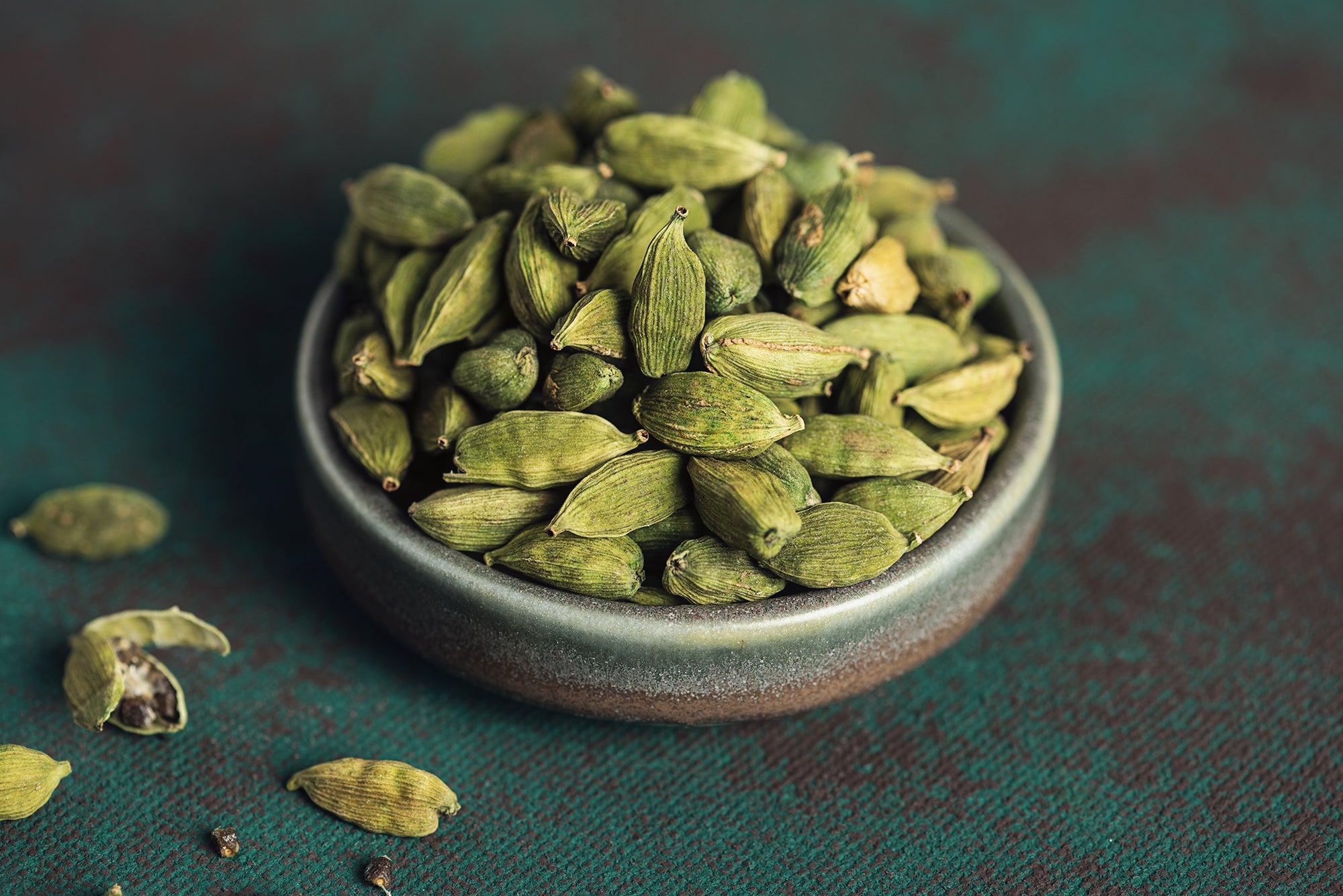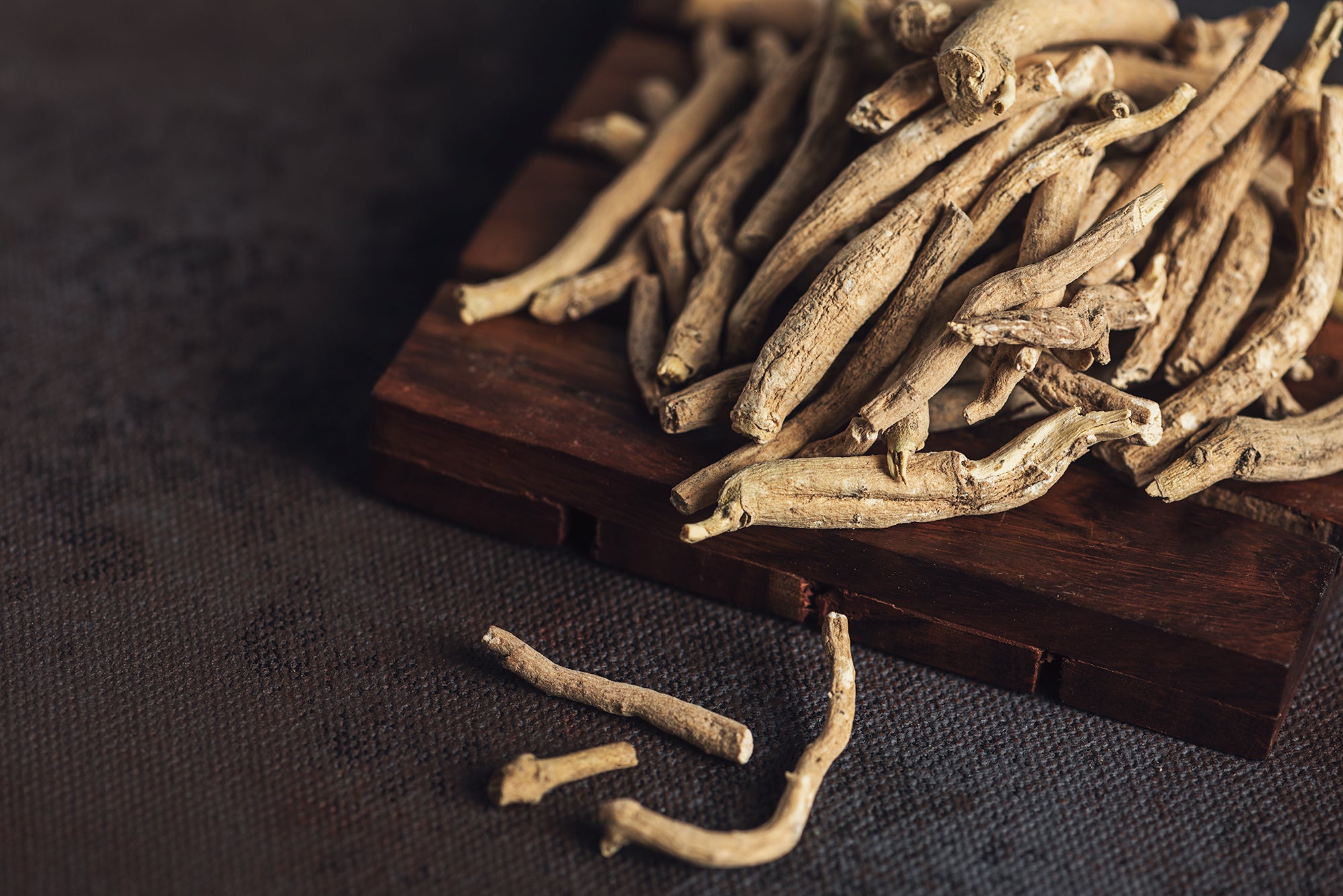Also known as ‘black gold’ and ‘ the king of spices’, black peppercorns have been popular since thousands of years. The fruit obtained from the pepper plant, peppercorns were once so valuable that they were counted individually and used as currency.
Native to Kerala in South India, peppercorn is one of the world’s most traded spices even today.
Growing And Harvesting Peppercorns
Peppercorns grow on perennial vines that grow to heights of over 30 feet in hot and humid tropical climate. They thrive in fertile soil that retain slight moisture.
Peppercorn vines have large, heart shaped leaves, they start flowering after 3-4 years. The spiky white cluster flowers called ‘catkins’ develop into berries we call peppercorns.
Variety Of Peppercorns
There are five different variations of peppercorns commonly known:
- Black Peppercorns: These are the most common variety of peppercorns; they are harvested just before they turn red and cooked in hot water. After they are cooked they are dried till they turn dark and wrinkly. Since they are allowed to grow till just before they ripen, black peppercorns have a robust strong flavor.
- Green Peppercorns: These are basically young unripe peppercorns that are treated or freeze dried to retain their color. They are slightly spicy but very aromatic and are used to enhance the flavor of curries.
- White Peppercorns: These are black peppercorns with their skin removed. They are fiery and less pungent and are used commonly for light colored sauces and food.
- Red Peppercorns: If the peppercorns are left on the vines to ripen fully they turn in to a brilliant red color. These are very rare since peppercorns are usually harvested while green and unripe.
- Pink Peppercorns: These are not true peppercorns. They are dried berries from a South American shrub. They have a peppery bite with fruity and floral notes.
Peppered Marvels
Black pepper has a sharp mildly pungent flavor that matches many dishes. They contain piperine, which gives its characteristic spicy pungent taste.
Peppercorns are also rich in antioxidants that prevent or repair any damages caused due to free radical. Peppercorns are carminative in nature and it helps improve digestion. It also helps give relief from peptic ulcers.
Topical application of piperine combined with UV light therapy may also help in treating vitilgo. Black pepper oil has enzymes that help break down start into glucose; this helps in regulating blood glucose and delaying its absorption.
Peppercorns also help increase metabolism, in turn helping you lose weight.
Pepper And Ayurveda
Pepper is a primary component in many ayurvedic concoctions, be it teas, kashayas or powders. In fact, Ayurvedic tea made with black pepper is one of the highly recommended teas for weight loss.
Pepper concoctions have been age-old home remedies for sinusitis and nasal congestions; it helps break down the mucus from the respiratory tract. It’s also used for treating earaches and any dental issues like tooth decay and aches.
Pepper in fact is enhances the qualities of other spices and herbs; ensuring they get absorbed into the body. Piperine in pepper enhances the absorption of curcumin in turmeric, making it more beneficial for the body.
We have used Black Peppercorns in:
Quick Facts :
| Name: | Black Pepper |
| Scientific Name: | Piper nigrum |
| Cultivated in: | Kerala, Karnataka, Tamil Nadu, Vietnam, Brazil, Myanmar |
| Other names: | |
| Habitat | Hot and Humid |
| Soil | Fertile soil that retains moisture |
| Plant Size | 30ft vine |
| Aroma | Sharp, Penetrating aroma |
| Plant parts used | Fruit |
| Major Nutrients | Choline, Folic acid, Niacin, Pyridoxine, Riboflavin, Thiamin, Vitamin A, Vitamin C, Vitamin E, Vitamin K, Sodium, Potassium, Calcium, Copper, Iron, Magnesium |
Known As In :
| Hindi | Kali Mirch |
| Marathi | Kalmiri |
| Gujrati | Mari |
| Telugu | Miriyaalu |
| Malayalam | Kuru Mulagu |
| Bengali | Kali Mirch Dane |
| Tamil | Milagu |
| Kannada | Menasina Kalu |
Ayurvedic Facts:
| Sanskrit Name: | Marichi |
| Taste: | Pungent |
| Energitics: | Warming |
| Effect on Doshas: | Pacifies Kapha and Vata, Increases Pitta |
| Used for Treating | Throat infection, Stomach ailments, Diabetes, Inflammation, Obesity, Flatulence |





.png?v=1668878203)



